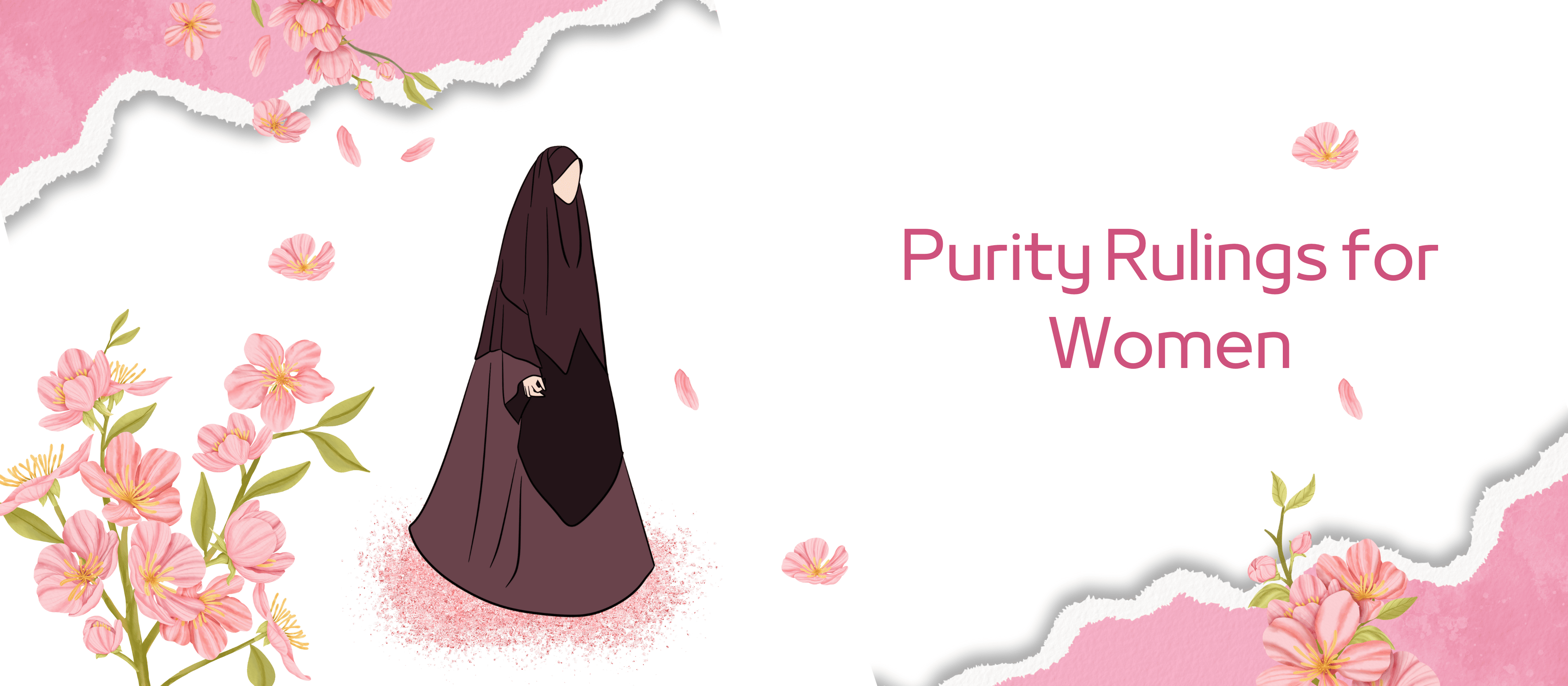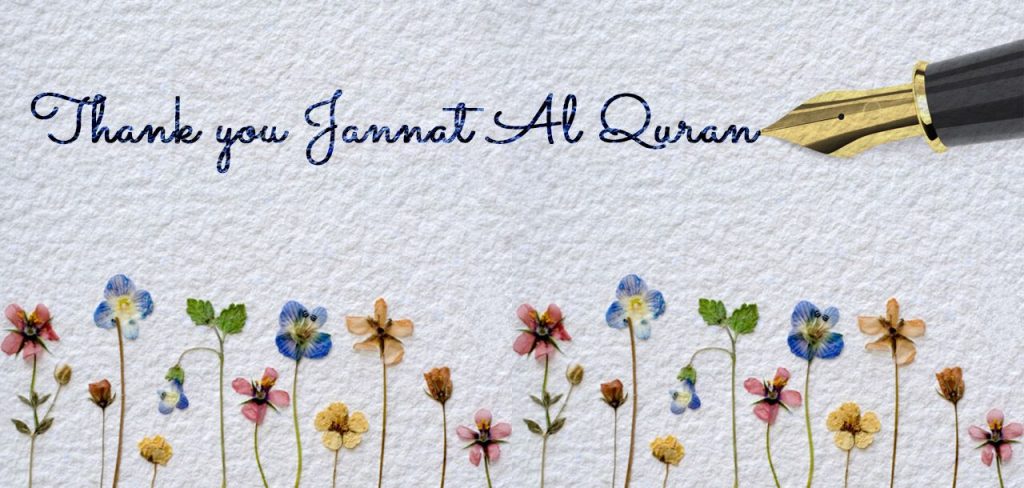Allah has made the Shariah of Islam a comprehensive and universal law — complete and perfect, lacking neither deficiency nor error. And, He has made purification an act of worship in itself — such as Wudu (ablution) and Ghusl (ritual bathing) — and has also made it a condition and prerequisite for many acts of worship, such as prayer, circumnavigating the Sacred House (Kabah), and reciting the Qur’an. The Prophet ﷺ said: “The prayer of none is accepted without purification.” Purification is considered a fundamental condition for performing many acts of worship, such as prayer. Ignorance of the rulings of Islamic law leads to confusion and results in mistakes. All Muslims must strive to learn the rulings of the Shariah and ask trustworthy scholars about matters they find difficult to understand. In particular, women should make an effort to learn the rulings related to their purification. Therefore, it is essential for women to understand the rules and rulings related to it. These rulings pertain to menstruation (Hayḍ), postpartum bleeding (Nifas), as well as various types of discharges.
MENSTRUATION (HAYD)
Menstruation (Hayd): It is a natural, innate type of blood that flows from the innermost part of a woman’s womb at specific times. Many scholars hold the view that menstruation does not begin before a girl reaches the age of nine. If she sees blood before that age, it is not considered menstrual blood but rather blood of illness or disorder. As for the upper limit, there is no evidence indicating an age beyond which menstruation ceases. Therefore, if an elderly woman sees blood that has the usual characteristics of menstrual blood, it is regarded as menstruation. The minimum duration of menstruation is one day and one night. The usual duration is six to seven days. The maximum duration is fifteen days — if the bleeding exceeds that, it is considered Istihadah (irregular bleeding).
If a woman is uncertain whether the blood she sees is menstrual or not, she may fall under one of two situations:
1) If she has a known and regular habit (menstrual cycle), she should follow it. Umm Salama said that in the time of God’s messenger there was a woman who had an issue of blood, so Umm Salama asked the Prophet to give a decision about her. He said, “She should consider the number of nights and days during which she used to menstruate each month before she was afflicted with this trouble and abandon prayer during that period each month; then when she finishes that she should wash, tie a cloth over her private parts and pray.”
2) If she does not have a regular habit, she should rely on the distinguishing signs of the blood itself, such as its color. Urwa ibn Az-Zubair reported from Fatima daughter of Abu Hubaish that her blood kept flowing, so the Prophet said to her, “When the blood of the menses comes it is black blood which can be recognized, so when that comes refrain from prayer; but when a different type comes perform ablution any pray, for it is due only to a vein.”
Postpartum bleeding (Nifas)
Postpartum bleeding (Nifas): It is the blood that flows following childbirth, after the womb has been emptied of the baby. The minimum duration of postpartum bleeding is a moment, while the usual duration is forty days.
What is prohibited for a menstruating or postpartum woman to do:
1) A menstruating woman may take part in all forms of goodness and virtuous deeds, except for touching the Mushaf (physical copy of the Qur’an) and performing prayer. She does not pray or fast during her menstruation or postpartum bleeding. After she becomes pure, she must make up the missed fasts but not the prayers, as prayer is not required of her during that time. However, fasting must be made up after her purification and after Ramadan for the days she missed.
2) It is prohibited for her to perform ṭawāf (circumambulation around the Kabah); neither obligatory nor voluntary ṭawāf is valid from her. However, she is not prevented from performing any other rites of Ḥajj or Umrah except ṭawāf and its two accompanying Rakaahs — and this is by consensus.
3) It is unanimously prohibited to have sexual intercourse with a menstruating woman.
4) It is prohibited for her to perform Itikaf (spiritual retreat in the mosque), and it is not valid from her.
5) Divorcing a woman during her menstruation is prohibited, although according to the stronger opinion, such a divorce is still considered valid.
6) It necessitates Ghusl (ritual purification bath) once it ends.
How to Purify Oneself from Menstruation and Postpartum Bleeding:
When a woman sees one of the two signs of purity — either the appearance of the white discharge or complete dryness of the private area from blood — she is considered pure. At that point, she must perform Ghusl (ritual bath) and resume prayer. The description of Ghusl is mentioned in the hadith of Lady Ayishah (may Allah be pleased with her), ”Whenever Allah’s Messenger (ﷺ) took Ghusl (bath) after sexual intercourse, he would begin by washing his hands, then pour water with his right hand on his left hand and wash his sexual organ. He would then perform ablution, then take some water and run his fingers through the roots of the hair. Then he would pour three handfuls on his head, then pour water over the rest of his body and subsequently wash his feet.” [Agreed upon and this version is of Muslim].


